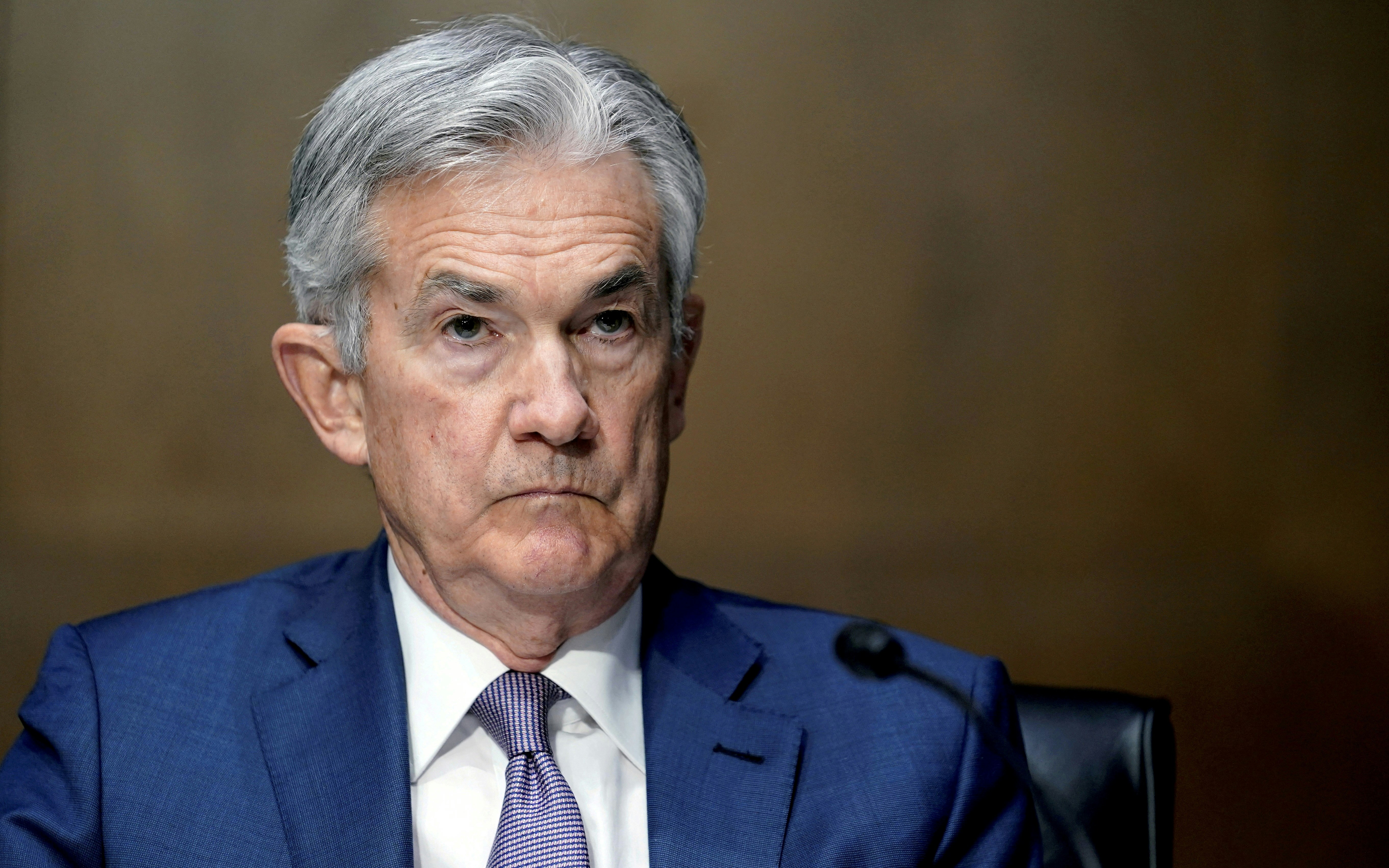In March, persistent inflationary pressures persisted, calling into question the ability for the Federal Reserve to start cutting interest rates as early as June, and casting doubt on whether this would be possible this year without signs of an economic slowdown.
Consumer prices rose by 3.5% in March compared to the previous year, a slight increase over economists' forecast and an increase from February's 3.2%. The core inflation, which excludes volatile food and energy categories, also rose more than expected.
The stocks subsequently fell, with the Dow Jones Industrial Average losing about 1.3%. The yields on U.S. Treasuries rose, suggesting bets that the data could delay and reduce future rate cuts.
The future contracts tied to the Fed funds rate indicate that traders expect interest rates to be around 5% by the end of the year, which implies only one or two quarterly reductions this year.
"Inflationary pressures remain consistently strong," said Blerina Uruçi, chief economist at T. Rowe Price. Overall inflation is "firmer than what the Fed needs to commence a series of rate cuts soon."
Details of the report were just as concerning as the total figures. Core inflation rose despite the decline in prices for goods such as new and used cars. A problem was the service sector outside of housing, which includes everything from car insurance to medical care.
The costs for accommodation also increased by 0.4% compared to the previous month, continuing to defy predictions that they would rise more slowly.
Last month, a slim majority of Fed officials thought that at least three cuts this year would be justified if inflation continued to fall. Fed Chairman Jerome Powell has suggested that he is willing to lower interest rates but emphasized that the central bank should not be in a hurry.
Before Wednesday, many economists remained optimistic that inflation would recede again in March. The latest data led Jonathan Pingle, chief economist at UBS, to expect that the Fed will carry out its first reduction in September instead of June and will only make two reductions this year.
The CPI Report from Wednesday Won't Be the Final Word on What Prices Did Last Month. The Measure Preferred by the Fed, Which Will Be Published Later This Month by the Commerce Department, Was Below the CPI. Core Inflation According to This Measure Was 2.8% in February.
The inflation has significantly weakened since its peak in mid-2022, when CPI data showed that prices had risen by about 9% compared to the previous year.
But Wednesday's report once again raised concerns that the "final mile" of the inflation battle will be challenging. For example, core CPI had been declining on a 12-month basis every month since March 2023, when it stood at 5.6%, but this streak was broken with the latest price data.
"The key risk is not that inflation might rise... but that inflation fails to materialize and does not follow the projected path to 2% in a timely manner," said Dallas Fed President Lorie Logan last week.
Surveys Show Americans Remain Frustrated by Cost of Living. Consumer Confidence Indices Have Gradually Improved, But Still Remain Far Below Pre-Pandemic Levels.










